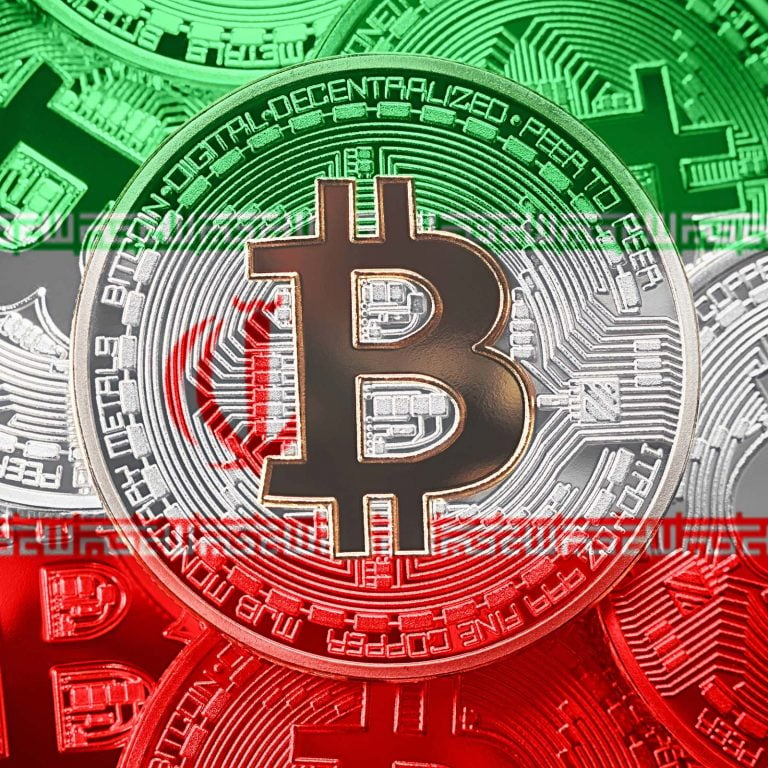2018-9-12 22:00 |
Recent research suggests that there needs to be coordination between leading providers of cryptocurrency infrastructure products to protect against disruption caused by hard and soft forks. However, previous incidents of network upgrades have only strengthened bitcoin and efforts to govern the protocol raise questions over potential centralization.
Do Leading Industry Participants Need to Attempt to Exercise Governance Over Bitcoin?According to recent research conducted by Benjamin Trump and others for the ORISE Fellowship , those using cryptocurrencies must improve their ability to preempt beneficial upgrades to protect against instability arising from hard and soft forks. The study has been published in Springer’s Journal, Environment Systems and Decisions.
Trump et al. state that the method by which cryptocurrency software is upgraded could impact the usability and stability of cryptocurrencies going forward. They mention that hard forks to digital assets could cause those using the protocols to lose faith in them and thus undermine their potential to revolutionize finance and commerce.
During the piece, the team led by Trump looked at over 800 different examples of hard and soft forks. They state:
“Hard forks are a threat to maintaining a stable and predictable operating platform that is essential if cryptocurrencies are to be adopted for daily financial transactions.”
The authors contend that for a cryptocurrency like bitcoin to become a global settlement currency and means of exchange, those participating in the currency’s infrastructure must adopt good governance to protect against disruption. The participants cited include: cryptocurrency miners, wallet developers, and exchange operators.
Whilst it is clearly important for these industry players to be aware of upcoming hard and soft forks to cryptocurrencies, suggesting that there needs to be coordinated governance to decide which proposed upgrades are beneficial to the end users is problematic.
The beauty of bitcoin is that it is open-source, and anyone can develop upgrades or additional layers. It should not be up to a consortium of companies to speak for the market to determine which upgrades are used. Rather, it should be for the market as a whole to decide whether a proposed or implemented upgrade is useful.
In the case of hard forks, those that have happened previously have caused minimal disruption. Despite a lot of fear and uncertainty surrounding the bitcoin cash fork last August, the incident passed smoothly and rather than instill a lack of confidence in the market, the price of the original bitcoin soared to new highs. Since then, there are have many efforts to “improve” the bitcoin protocol by hard fork. These have largely gone unnoticed by the community and infrastructure providers. The disruption caused by them has been less than minimal.
Meanwhile, since soft forks offer backwards compatibility, there needs be no disruption whatsoever. If people do not want to use last year’s SegWit upgrade to the network, they are not forced to. Likewise, with Lightning Network – there is no compulsion to use it. If it offers advantages to an individual or company, they will adopt it. If it does not, they won’t.
Such a coordinated effort proposed by the authors of the recent research of leading industry participants can only promote centralization. Centralization is the anti-thesis of the bitcoin network. It weakens its central value proposition and stifles the ability of the open-source community to innovate.
Image from Shutterstock
The post Would Coordinated Efforts of Governance Strengthen or Weaken Bitcoin? appeared first on NewsBTC.
origin »Bitcoin price in Telegram @btc_price_every_hour
Bitcoin (BTC) на Currencies.ru
|
|

































